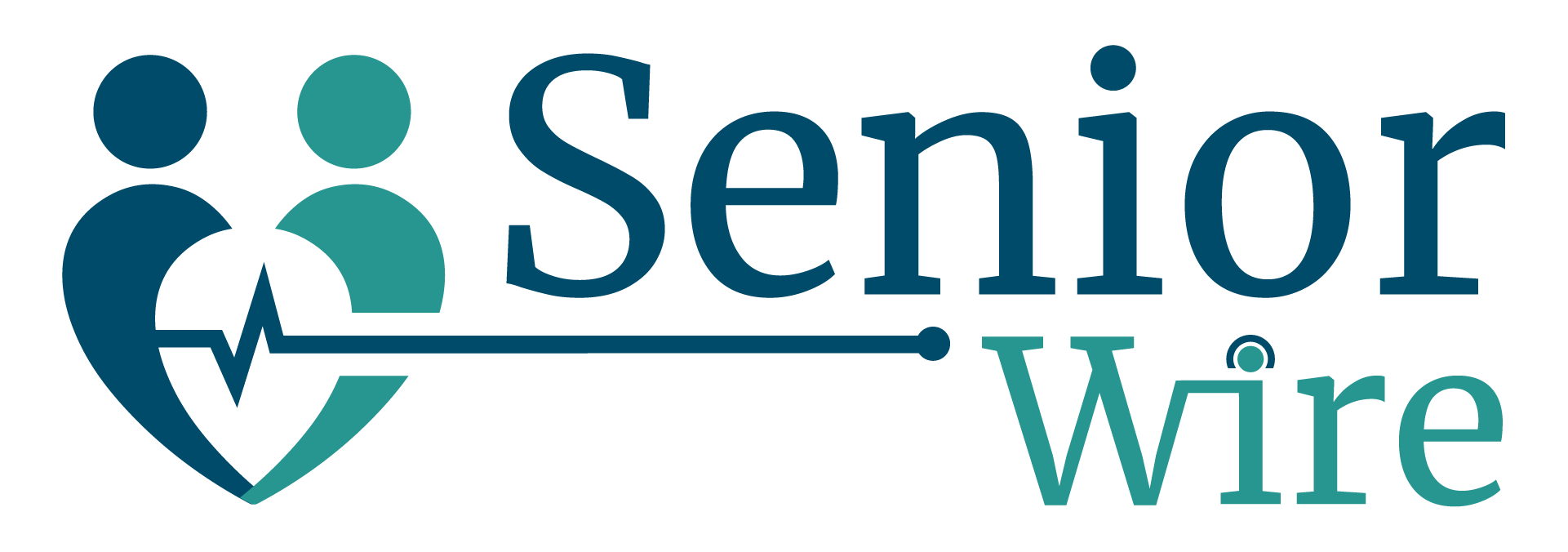Medicare HMO-POS Plans: Flexibility Meets Affordability
Navigating Medicare can feel overwhelming. You’ve likely encountered terms like “HMO” and “POS,” but what do they signify for your healthcare? If you’re exploring a Medicare HMO-POS plan, you’re in the right spot. Let’s simplify what this plan entails and determine if it complements your healthcare requirements.
Understanding Medicare HMO-POS Plans
A Medicare Advantage HMO-POS plan is a hybrid approach, merging aspects of Health Maintenance Organization (HMO) and Point of Service (POS) plans. This distinctive blend provides greater adaptability compared to a conventional HMO while retaining the cost-saving advantages that many seniors value.
The HMO Foundation
Fundamentally, a Medicare HMO-POS plan operates similarly to an HMO. Typically, you’ll select a primary care physician (PCP) who oversees your healthcare. This PCP is your healthcare coordinator, guiding you through the system and recommending specialists when necessary. Your insurance company will have a network of providers you’ll need to primarily use for your healthcare services.
The POS Advantage
The “POS” element introduces intriguing possibilities. Unlike a standard HMO that confines you to in-network providers, a Medicare HMO-POS plan grants you the leeway to consult out-of-network physicians for specific services. This flexibility can be significant, especially if you require specialized medical attention or have preferences for certain specialists.
Key Features of Medicare Advantage HMO-POS Plans
Let’s delve into the specifics that distinguish these plans:
Network Flexibility
While staying within the network is encouraged, Medicare Advantage HMO-POS plans allow you to seek care outside the network if necessary. This could be crucial if your specialized care isn’t offered within your plan’s network.
Cost Considerations
Generally, utilizing in-network providers helps control your healthcare expenses. The ability to consult out-of-network providers, even at a greater cost, offers reassurance to many individuals. This means that if you see a doctor outside of your plan’s network, you will likely have higher out-of-pocket costs.
Prescription Drug Coverage
The majority of Medicare HMO-POS plans incorporate prescription drug coverage. This integration can simplify your healthcare management and potentially generate savings on your medication costs. You can conveniently verify if your medications are included using the online resources furnished by plan providers.
Comparing Medicare HMO-POS to Other Plan Types
To properly grasp whether a Medicare HMO-POS plan suits you, it’s beneficial to compare it with other available options:
| Feature | HMO-POS | Traditional HMO | PPO |
|---|---|---|---|
| Network Restrictions | Flexible | Strict | Very Flexible |
| Out-of-Network Coverage | Limited | Emergency Only | Yes |
| Primary Care Physician Required | Usually | Yes | No |
| Specialist Referrals | Sometimes | Yes | No |
| Typical Costs | Moderate | Lower | Higher |
For example, a PPO plan offers the most network flexibility. However, PPO plans come at a higher cost than an HMO or HMO-POS plan. HMO and HMO-POS plans have very similar features and may require referrals to see specialists.
Who Might Benefit from a Medicare HMO-POS Plan?
These plans hold particular appeal for specific demographics:
The Cost-Conscious Consumer
If you aim to strike a balance between affordability and some degree of flexibility, an HMO-POS plan could be your ideal choice. Generally, your expenses will be lower than those associated with a PPO, but you’ll have more alternatives than a traditional HMO. An HMO plan typically has the lowest monthly premiums compared to a PPO plan.
Those with Specific Healthcare Needs
Are you managing a condition that necessitates the expertise of specialized care? The option to seek treatment from out-of-network specialists could be vital for the efficient management of your health. Before choosing a plan, you should review the plan’s documents to fully understand its coverage.
Travelers and Snowbirds
If your lifestyle involves dividing your time among various locales, the adaptability of an HMO-POS plan can guarantee coverage regardless of your location. Nevertheless, it’s imperative to comprehend the particulars of out-of-area coverage stipulated in your plan. Out-of-area dialysis is covered by most plans.
Potential Drawbacks to Consider
It’s important to note that no single plan perfectly suits everyone. Here are certain aspects of Medicare HMO-POS plans that might give you reason to pause:
Complexity
Grasping precisely when and how you can avail yourself of out-of-network services can pose a challenge. A comprehensive review of your plan’s specific details is essential.
Higher Costs for Out-of-Network Care
While the option to seek out-of-network care exists, doing so frequently translates to considerably elevated out-of-pocket expenditures. Your out-of-network coverage is limited, so it is important to check your plan’s specific out-of-network coverage. For example, emergency care and out-of-area urgent care are typically covered.
Limited Availability
Medicare HMO-POS plans are not universally accessible in all regions; therefore, your geographical location might restrict your choices. You can view the plans that are offered in your zip code by visiting the Medicare Plan Finder website.
Making the Most of Your Medicare HMO-POS Plan
Should you conclude that an HMO-POS plan aligns with your needs, here are suggestions for maximizing its benefits:
Choose Your PCP Wisely
Your primary care physician assumes a pivotal part in your healthcare journey. Dedicate ample time to identifying a doctor you trust implicitly and can communicate effectively with. You can use your zip code to locate a provider near you.
Understand Your Network
Thoroughly acquaint yourself with the network providers to ensure you keep your healthcare expenses in check. A substantial number of plans offer online utilities designed to help you locate doctors and hospitals within your network. When you see in-network providers, you will typically pay the least for covered healthcare services.
Plan for Prescriptions
Make it a habit to regularly examine your plan’s drug formulary, which is a list of covered drugs. The tiers assigned to medications can shift, or they might be altogether removed, impacting your financial responsibility. Maintain a proactive stance by periodically reviewing the drug list. The drug list may have what’s called a deductible. This is an amount you pay for your prescription drugs before your plan begins to pay its share.
Leverage Additional Benefits
Medicare HMO-POS plans frequently come with supplementary perks like fitness program enrollments or provisions for over-the-counter products. Don’t overlook these valuable additions to your healthcare coverage. Learn Medicare to better understand the coverage provided.
FAQs about Medicare HMO-POS plan
What is a HMO POS Medicare plan?
A Medicare HMO-POS plan is a Medicare Advantage plan that combines characteristics of Health Maintenance Organization (HMO) and Point of Service (POS) plans. It generally mandates the selection of a primary care physician and the use of in-network providers while affording some leeway to seek treatment from out-of-network providers for particular services, usually at an increased cost.
What is the difference between a HMO and POS plan?
The primary distinction lies in network flexibility. A traditional HMO limits you to in-network providers except in emergencies. A POS plan, encompassing Medicare HMO-POS plans, allows consultations with out-of-network providers for some services, although typically at a higher cost compared to remaining in-network.
Is a POS plan the same as a PPO?
No, they are distinct. Although both extend some out-of-network coverage, POS plans often necessitate having a primary care physician and obtaining referrals for specialists. PPO plans typically do not impose these stipulations and offer more autonomy in provider selection, but frequently at the expense of higher premiums.
What is a Medicare Advantage HMO that offers a point of service option?
This essentially describes a Medicare HMO-POS plan. It’s an HMO-structured plan that incorporates a point-of-service feature, empowering members to utilize out-of-network providers for certain services, typically at a cost-sharing rate that exceeds in-network care.
Conclusion
Opting for a Medicare HMO-POS plan can offer a well-balanced strategy for your healthcare requirements, harmonizing the cost-effectiveness of an HMO with augmented flexibility. It’s not a universal remedy, but for numerous individuals, it strikes a favorable compromise between inflexible network limitations and the potentially steeper expenses associated with more adaptable plans. Medicare Advantage Plans help provide all your Part A and Part B benefits.
Bear in mind that the landscape of Medicare plans undergoes yearly transformations. The optimal choice for you this year might warrant reconsideration the next. Remain well-informed, diligently assess your options during open enrollment periods, and never hesitate to seek guidance from Medicare counselors or certified insurance agents if you require assistance.
In essence, selecting the right Medicare HMO-POS plan can bestow peace of mind, knowing you have a structured framework for your routine healthcare needs while retaining the adaptability to seek specialized attention when the situation demands it. It’s about pinpointing that ideal balance that aligns harmoniously with your health status, budget, and overall lifestyle.

